Disclosure: This article may contain affiliate links. If you decide to make a purchase, I may make a small commission at no extra cost to you.
Beta Glucan and AHCC are both popular supplements meant to help boost the immune system and are often used alongside conventional medical treatment to increase the effectiveness of therapies in treating disease.
There are hundreds of published studies showing that both are effective in activating an immune response, which can help fight off viral and bacterial infections, and research is being conducted on other diseases as well. But which supplement should you choose?
There are many factors to consider when choosing between Beta Glucan or AHCC. Here just a few of them:
- Which supplement has the most evidence behind it?
- How effective is the supplement at treating your specific problem?
- The cost of the supplement and how long would you need to take it for.
- Are you taking the supplement to prevent, treat a condition, or general well-being?
Differences between Beta Glucan and AHCC
Beta-glucan has been used a lot longer and is more widely used by people than AHCC. If you were to do a search on Pubmed, you will find that “AHCC” only returns 103 results vs 354 for Beta Glucan supplement (if you were to omit “supplement” you will get over 15,000 results, but many of these are not relevant).
Nevertheless, in terms of quantity of data, beta-glucan has been studied more than has AHCC. But that’s not to say beta-glucan is more effective than AHCC at treating disease. To understand which is better, there would have to be a direct comparison in a clinical trial conducted in humans, but this has yet to be done.
What we do have is a lot of clinical data from Asia, where patients in trials are using AHCC for various diseases and have had beneficial effects from taking it.
In Japan, AHCC is favored over regular beta-glucan for treating cancer alongside traditional chemotherapy, this could be due to AHCC having a high concentration of alpha-glucans, which have a lower molecular weight and are better absorbed than beta-glucans. One particular AHCC supplement that has been clinically studied and favored by many people is this one by Quality of Life.
The evidence for other conditions such as allergies, bacterial and viral infections, asthma, etc is greater for beta-glucans than it is for AHCC [1].
Both supplements have proven to have an immune system enhancing effect in humans, but due to the methodological differences of the available studies, it’s difficult to draw a conclusion and make a direct comparison between the two.
A more significant factor in whether you choose one or the other may come down to cost more than anything. Since many AHCC supplements can be 4-5 x more expensive than many standard beta-glucan supplements unless you’re using maitake or transfer point beta-glucan supplements.
There is also some evidence to suggest that combining glucan supplements might be more powerful than taking one type by itself.
A study comparing Maitake, AHCC, and Shiitake extracts Immune System enhancing effects
One of the very few studies looking at the immune system enhancing effects of glucans was published in 2014. It looked at the effect of 14 days of oral glucans on different immune system parameters such as phagocytosis, NK activity, IL-6, IL-12, IFN-y, and C-reactive protein.
In the study different groups of mice were given the following:
- MaitakeGold 404
- Shiitake (alpha-rich glucans)
- Shiitake and MaitakeGold 404
- AHCC
- PBS (control)
The main findings of the study:
- Maitake + Shiitake in combination enhanced the production of IL-6, IL-12, and IFN-y compared to the other supplements used alone.
- Maitake + Shiitake followed by Maitake, Shiitake, and then AHCC increased monocytes and neutrophils compared to placebo.
- Maitake + Shiitake was more effective at increasing Natural Killer cells cytotoxicity than all other supplements alone.
- Maitake + Shiitake followed by Maitake was effective at raising IL-6.
- Maitake + Shiitake followed Maitake was effective at increasing interferon-gamma.
- No supplement significantly affected CRP levels.
Does this mean Beta-glucans are more effective than Alpha-glucans derived from Shiitake and AHCC?
Given these findings, it appears that despite the lower molecular weight of alpha-glucans, Maitake, which is rich in beta-glucan, was more effective at enhancing immune function. Combining alpha-glucans with beta-glucans was even more powerful than any supplement alone.
AHCC, while not shown to be as effective in this study as other extracts, has been used successfully in humans to manage and treat diseases. In Japan, over 100,000 patients have been treated with AHCC with good results and have proven efficacy. So in contrast with these findings in that AHCC did not produce much of an effect compared to other glucans, outcomes for various health conditions in humans have been positive.
For example, in one study conducted in healthy human volunteers, AHCC was effective at increase interferon-gamma and this effect remained for up to 30 days after discontinuing the supplement. This is in contrast with the animal data shown above which showed very little increase [2].
AHCC has also been shown to improve the immune response to influenza vaccination in healthy humans over 60 years of age [3].
In both animal and human studies, AHCC does not always show significant induction of the immune system unless also superimposed with a challenge such as a bacterial infection, viral infection, or vaccine.
Therefore the lack of response seen in the study comparing AHCC with other glucans might be due to how AHCC works and not that the supplement is not effective.
One study demonstrates this by looking at primary influenza in animals using the (H5N1) avian flu strain. They showed that AHCC significantly increased natural killer cell activity and reduced the infiltration of lymphocytes and macrophages into the lungs. The supplements led to improved survival and also a decrease in the severity of the infection [4].
Which commercial Beta Glucan supplements are most effective?
There are many beta-glucan and AHCC supplements on the market that have a different level of effectiveness. A few studies have examined the immune system boosting effects of some of the most popular brands used in North America.
In a study published by the Journal of the American Nutraceutical Association, researchers examined the effect of different beta-glucan supplements in BALB/c Mice.
The supplements the study used were:
- NOW Beta-Glucan – Insoluble glucans from yeast and soluble glucans from mushrooms.
- Krestin – Soluble mushroom-derived glucan.
- Transfer Point Glucan 300 – Insoluble yeast-derived glucans.
- Immuno Fiber – Soluble grain-derived glucan.
Main findings of the study:
The study found that there was a significant difference in the response between various commercial beta-glucan supplements.
Transfer Point Beta Glucan supplement had the strongest activity in this study, and beta-glucan derived from grains (immuno-fiber) was the least effective.
Which commercial AHCC supplements are most effective?
Like beta-glucan supplements there are many different doses and brands of AHCC. Some of these have been used in clinical studies and universities to conduct research, such as Quality of Life AHCC Supplement.
I look at some of the highest quality AHCC supplements available here.
When choosing an AHCC supplement, it’s better to get it from a reputable supplier, especially as these supplements are quite costly when you’re taking a high dose. Quality of Life has one of the purest and highest grade AHCC supplements available and has a lot of great reviews.
Conclusion
AHCC and Beta-glucan have been shown in animals and humans to have significant immune system enhancing effects and improvements in a variety of chronic health conditions, but there is a lot more research that needs to be conducted not only for changes in immune system parameters but also outcomes for various conditions.
The studies summarized in this article shows that a combination of alpha-glucans and beta-glucans produces the strongest immune system enhancing the effect, whereas AHCC was least effective in one study.
The evidence that beta-glucans and AHCC have significant immune system enhancing properties is there, but some studies show contradicting results.
Since the glucans themselves are thought to prime the immune system so that it is ready to take on a challenge, AHCC and Beta Glucan should not increase inflammatory cytokines in the body or chronically raise various immune cells, but allow for the immune system to act more rapidly when presented with an antigen.
Outcome studies looking at survival and disease severity in both animals and humans show that both supplements are effective for a broad number of conditions.



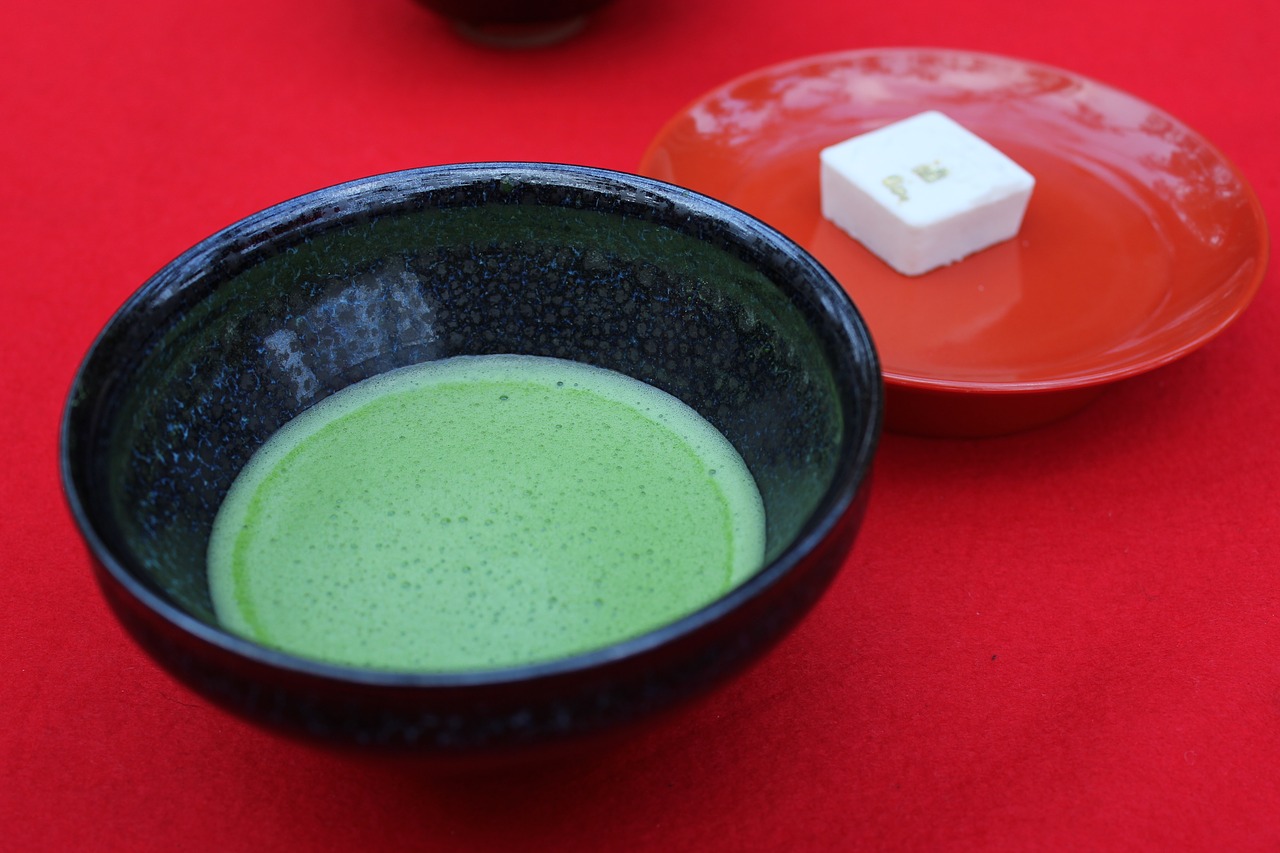
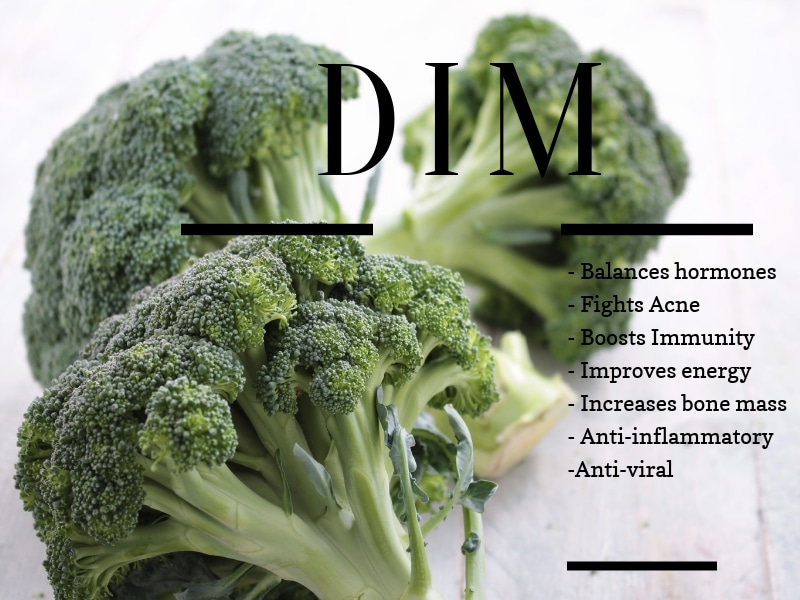

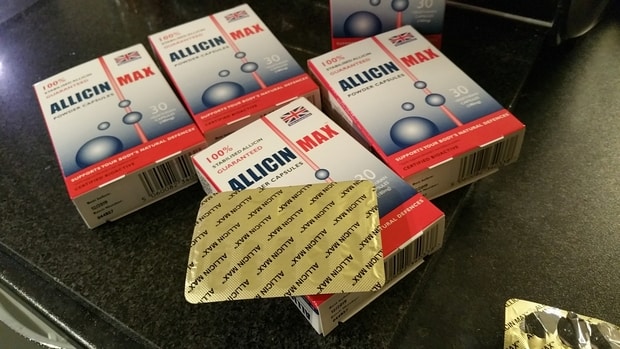

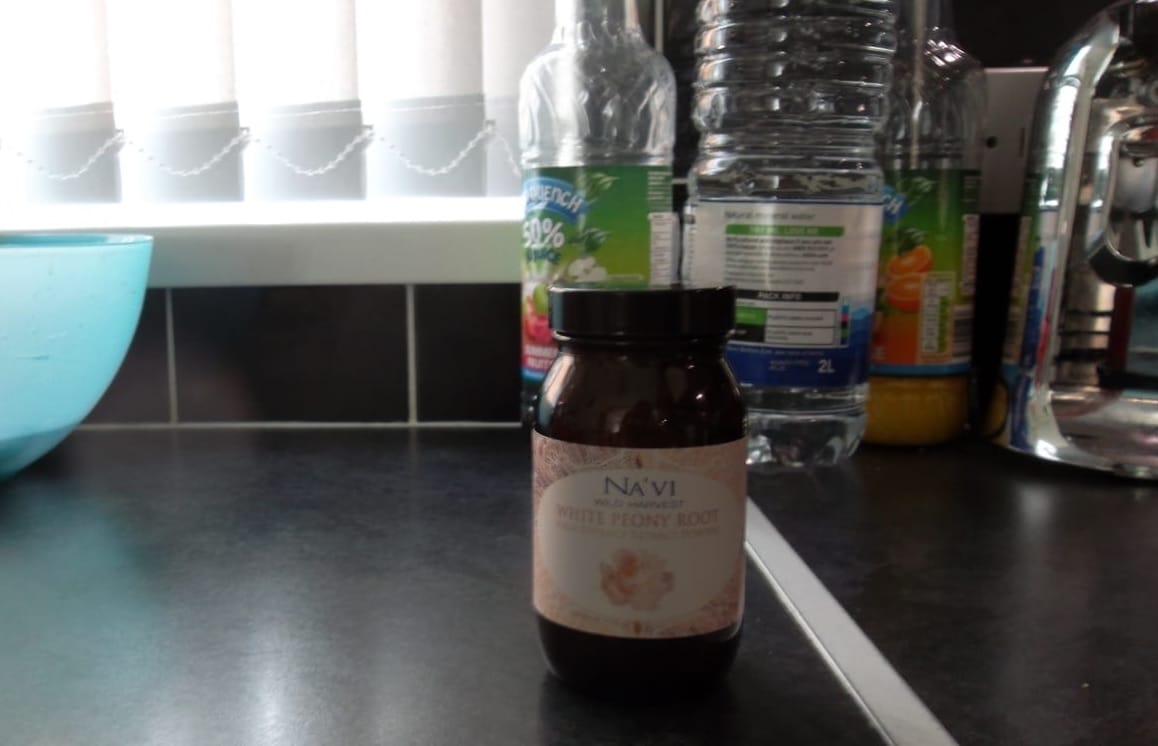
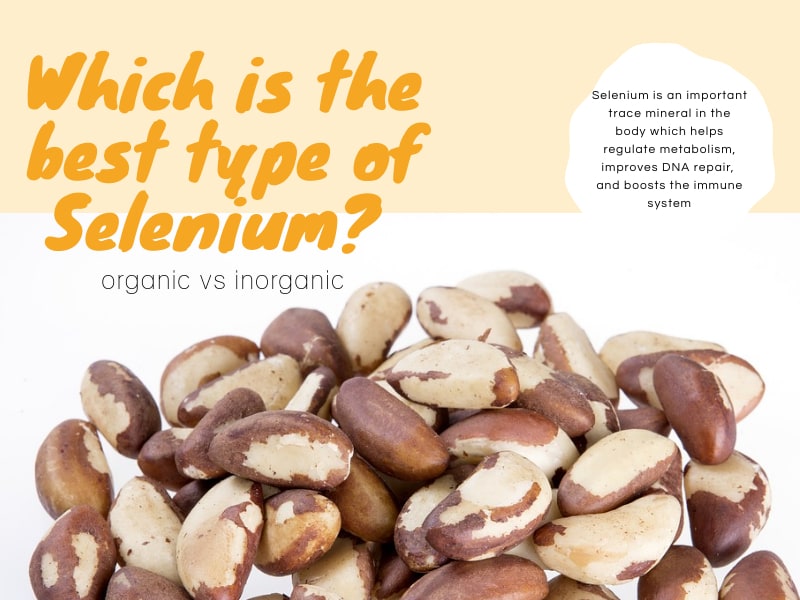
Hello! interesting point of view! i have some questions and opinion to say as well! Onestly i don’t care that a study using mice showed that AHCC is the worst because is not important at all! Why is that? Because is shows result directly on humans as Japan says from numerous studies and being used in over 700 hospitals,and as well showing great result is enough for me! There are a lot of studies made on animals with good results on them but after in humans? low to none! Anyway these 2 products Beta-glucans and AHCC seems pretty good anyway! Now my main question is the following: Does AHCC work better with beta-glucans or not? is there a study or more made on this? Because Konig Laboratorium ltd. from Canada claims that AHCC and also glucans work better in combination and they made a new product that contains both! 750 mg/caps. 550 mg AHCC and 150 mg beta glucans..other site wich sold it sais it contains 500 mg AHCC ,150mg beta-glucans and 50 mg arabinogalactan! Also solaray wich in my opinion is a weak vendor not trustwhorty have AHCC plus nac beta-glucans! There are claims that together these components can fight cancer as well! i mean are more potent is awakening NK cells and other stuff! i would like an opinion from you regarding those products and combinations!
Hi, sorry for the delay in responding to your comment!
You’re right, the most important thing is human studies because as is often the case, animal models don’t always reflect what we’ll see in humans. And clinical trials in humans are quite impressive for AHCC. Did you check out my article on the benefits of AHCC?
AHCC appears to be highly effective in eradicating infections like HPV in humans and studies like this one show that it can help maintain immune system competence in humans.
And yes, I would recommend that for short durations, taking AHCC together with Beta glucans is what you should do if you’re actively trying to fight an infection or some other disease. If it’s for maintenance purposes, I recommend either beta glucan or AHCC by themselves.
AOR, one of my favorite companies also sell AHCC and hare a very high-quality manufacturer. The issue is that it’s hard to get hold of for many people (especially in the UK), and quite expensive.
If you have any more questions or if you feel I haven’t been that clear, please let me know and I’ll respond right away.
Thanks again! I appreciate your comment 🙂
I have been taking AHCC and beta Glucan for about 8 weeks. I am cycling off. My blood work came back with low slightly out of range Neurophils and slightly elevated lymphocytes. My question is will the 8 weeks of my combination hurt me? I plan on traveling in six weeks and would like to combine again for 2 of the weeks of travel.
All AHCC studies are funded by the manufacturer and/or include employees of the manufacturer. No independent research exists, like with mushrooms.
All AHCC is produced by the same company, the Japanese Amino Up. There is no difference between products except price and label branding. It’s all the same. See the wikipedia entry on AHCC.
Mushroom beta-glucan is more bioactive than yeast glucan. The research paper you are referring and several others by the same author to made this clear. The Transfer Point product had 83% glucan and it barely beat the mushroom products. Which had ± 20% beta-glucan, meaning only 1/4 of the potency.
There are many studies published that were funded by the Japanese company for AHCC, but stated there wasn’t a ‘conflcit of interest’. However, it’s wrong to say that all studies are funded or supported by them. I suppose there is also often ‘conflict of interest’ in regards to pharmaceutical companies as well. Many of the studies funded, however, are double-blind, placebo-controlled studies and peer-reviewed.
One exciting bit of research for AHCC in humans is with HPV, where it was found to eradicate it in most women in an early pilot trial, with phase 2 to be completed this year in the University of Texas. As far as I’m aware, there is no conflict of interest here. https://clinicaltrials.gov/ct2/show/NCT02405533
With regards to brands, there is (as you probably know) often a difference in quality between products due to lack of regulation in the US. This has been shown in independent research looking at products from popular supplement manufacturers. The brand that I suggested is used in clinical research and universities for its quality and used in universities, which is why I suggested it (until a comparative analysis of the products is released). Some AHCC brands like from AOR (which is a Canadian company) is a bit more difficult to get ahold of, and they are subject to regulation by the Canadian food and drugs act.
I’ve used QoL AHCC and AOR AHCC. I’ve found them both to be very helpful. I was suffering from an infection many years ago (UTI) that was chronic and it significantly reduced the pain, inflammation, and other symptoms I was experiencing. Yes, this is anecdotal and n=1 doesn’t mean a whole lot, but I’m just presenting the research that we currently have. There are many others that I know who’ve benefited from taking it. But I do agree that we need more independent studies, but often the issue with natural food supplements, isn’t it?
There’s also more independent studies from mushroom beta-glucan and yeast glucan than AHCC.
According to this paper, which I didn’t cite, more supplements were tested (mushroom glucans and yeast glucan) and they came to a similar conclusion. Yeast glucan (such as that found in transfer point) were found to be significantly better in many respects than maitake. Even a much lower dose of glucan #300 (50) stimulated phagocytosis more than the highest dose (800) of Maitake Gold.
And with regards to concentration and potency, the author state:
“This means that the low activity is not caused by a lower percentage of glucan but, rather, that the glucans with limited biological activities will not be comparable to the “better” glucans regardless of the dosage.”
I think any research funded by a manufacturer or including researchers employed by the manufacturer has a conflict of interest. On top of that there is no independent research at all about AHCC. If it was so promising wouldn’t independent researchers or let’s say an aspiring university graduate take up the glove ? That does happen all the time with mushrooms but never with AHCC which is food for thought. The clinical trial you linked to does look good though ! Let’s wait and see what the results are. Quite often no trial results are published because they were not as expected…
You say “Even a much lower dose of glucan #300 (50) stimulated phagocytosis more than the highest dose (800) of Maitake Gold.” Which is true according to the paper, but that’s only one immunological effect taken out of context, with all due respect.
If you combine all results into an immunological profile and then take into account the percentage of beta-glucan in the products it’s obvious in my opinion that mushroom beta-glucan (at a low percentage) is showing much more immunological potential than the yeast-based glucans (all included yeast-based supplements have a high percentage).
All that aside, this is a lab test only. Not taken into account is the bioavailability of the different types of beta-glucan (soluble vs. insoluble, the branching) and how the different types interact with the receptors of the immune system (such as dectin-1).
The biggest flaw in this paper and all subsequent papers of that author is in my opinion that he doesn’t verify the percentage of beta-glucans in the supplements. He also doesn’t take into account the mushroom supplements also include other immune-modulators such as proteoglycans and sterols.
Great information! Thanks so much for sharing it!
My brother was just diagnosed liver cancer. I’ve been researching about AHCC and Beta glucan for a long time and found your blog very informative and helpful. It’s great you recommended the products that you believe are good because sometimes it’s hard for us who don’t have such expertise to make a selection.
Do hope you can share more. I’m signing up for the newsletter!
All the best!
Thank you.. and I’m really sorry to hear that 🙁
Did you see this article? https://www.crvitality.com/2018/07/ahcc-benefits-and-side-effects/
I got your email this morning and I’ll try to respond this evening when I get home.
Take care!
Hi Matt,
I’m from south Africa, and it is not easy to by some of the supplements from Amazone for we also need to pay import tax and then it is very very expensive, because of the Rand to Dollar exchange.
I now found 1 local with is also very expensive ACHH from Coyne. Do you know this make and can you recommend it. I have to go for Chemo soon and was recommended I start using 2x supplements thirst thing in the morning. Then after breakfast 1x green tea extract 1x advanced curcumin Coyne. 10 am 4x Salvestrol Coyne then at 2 pm 2 x Salvestrol. After dinner 1x
advanced curcumin.
Kind Regards Benita